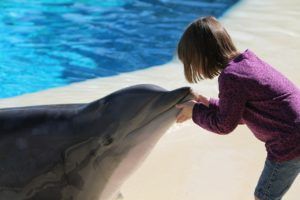The important work of zoos
The important work of zoos The important work of zoos protects thousands of animal species victims of mistreatment and displacement of their natural habitats. On the other hand, the main objective of zoos is the preservation
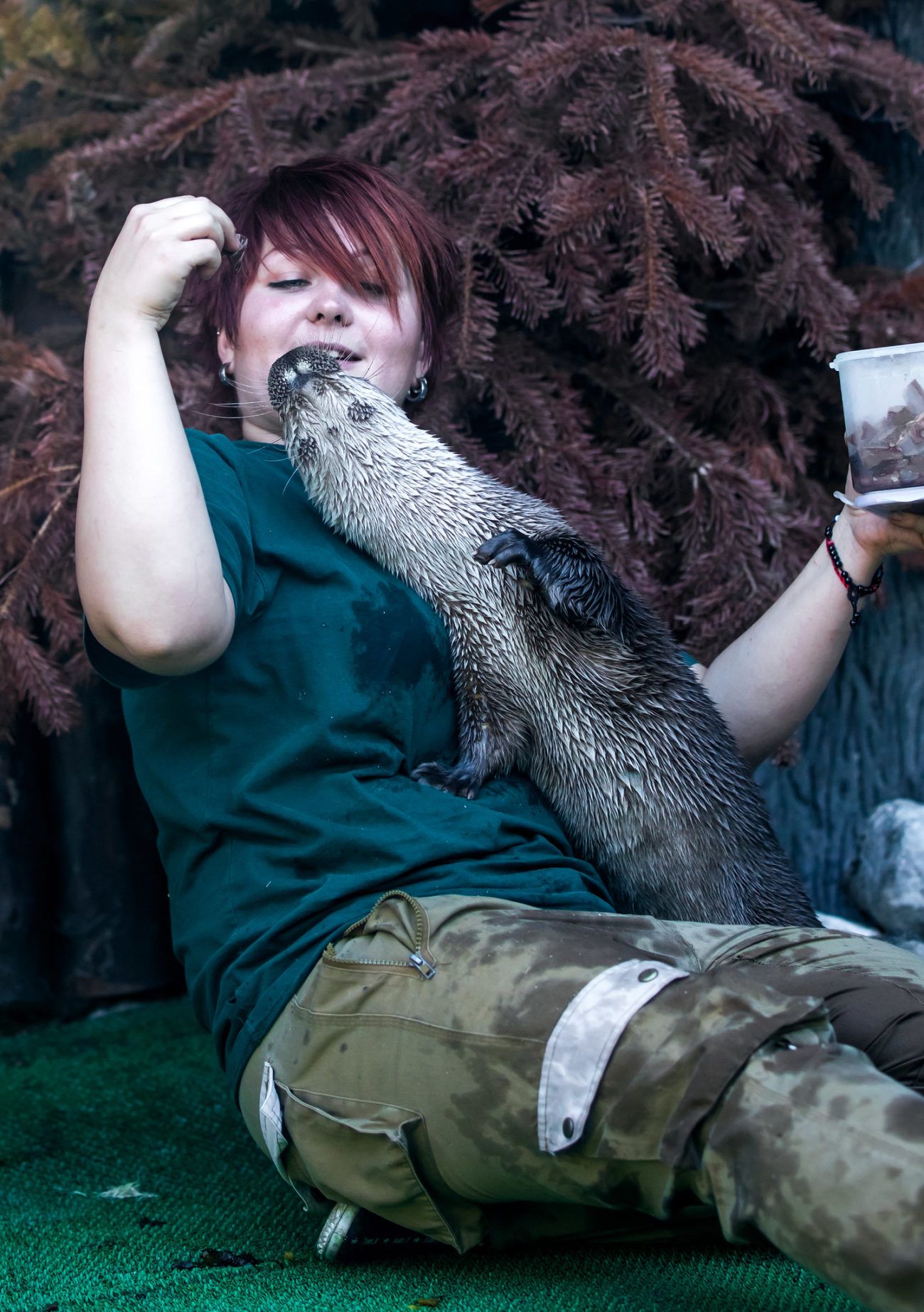
The important work of zoos
The important work of zoos protects thousands of animal species victims of mistreatment and displacement of their natural habitats. On the other hand, the main objective of zoos is the preservation of biodiversity. Although they used to be morally unjustifiable spaces, today, they have an opposite philosophy.
What is the important work of Zoos?
Before starting with the role of zoos, it is necessary to know where they come from and the role they used to play. This is very important because zoos used to be spaces with purposes completely opposed to those ones of today. Such facilities could not be opened today due to legal, ethical and moral impediments.
Historical Principles of Zoos
Modern zoos began with the particular interests of powerful individuals who wanted to collect animals from all over the world. These people were necessarily wealthy in order to justify and pay for the necessary expenses of the collection. These animals were often exotic and from places almost unknown.
The way in which these animals were obtained was often inhumane, as well as the conditions under which they were kept. They were extracted from areas centrally classified as “exotic” which often were poor, and still, they are. These areas did not have a legal apparatus to prevent these extractions, and they depended on them.
Even within the same country where the collections were located, the means of obtaining them remained immoral. These animals were forcibly removed from their natural space which causing them great psychological and physical damage. In cases where the adults could not be extracted, their puppies were taken by force.
Once captured, they moved in deplorable conditions that were difficult to survive. When they arrived at their destination, they were kept in small spaces with little or no interest in their natural habitat. Here, they spent the rest of their days without being able to mate because of problems caused by trauma. When they died, they were replaced in the same way.
These collections were privatized to the point of becoming industries, accentuating the damage caused. This is because of the motivation ceased to be an individual pleasure and began to be monetary gains. Zoos became attractions for people’s entertainment and became popular.
Characteristics of Current Zoos
All of this has changed with the humanization of zoos that was given due to the influence of conservationist groups. This change occurred throughout the course of the last century, but mostly in its second half. In first world countries, it is now unthinkable to keep animals as they used to be in zoos. In third world countries, the same conditions are found than in previous years.
Nowadays, zoos are centers of preservation and education where they seek to promote respect for the planet’s biodiversity. The aim is to entertain, but this does not neglect the responsibility of maintaining a population of wild animals. The role they play is indispensable for the potential preservation of the environment and its ecosystems.
Some of the ways in which zoos have been humanized are:
Ethical procurement of animals
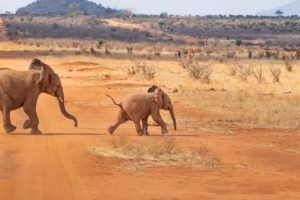 Animals are no longer obtained through poaching and forced and harmful incursion into delicate ecosystems. Now, zoo animals are obtained by rearing animals within the same institution. This avoids the deterioration of natural ecosystems and helps to compress the habitats in which creatures live.
Animals are no longer obtained through poaching and forced and harmful incursion into delicate ecosystems. Now, zoo animals are obtained by rearing animals within the same institution. This avoids the deterioration of natural ecosystems and helps to compress the habitats in which creatures live.
Another form of procurement is through the adoption or rescue of animals in illegal captivity. These are obtained by being confiscated from people who obtain them through the black market. Many of these animals cannot return to their natural environment, so they are taken to zoos. There, they can spend the rest of their lives in much more acceptable circumstances.
Public ownership
Zoos are often public property and no longer owned by private individuals. This helps to ensure that zoos are not motivated by the interests of individuals but by those ones of state projects. Thus, the purpose of these institutions is not to earn money but to preserve and educate. In cases where zoos are private, they must still comply with state regulations to prevent abuse.
Proper maintenance of the animals
Whether they are public or private, in many countries zoos must fulfill certain animal maintenance parameters. This ensures that creatures are not treated unfairly and cruelly. Zoos that do not guarantee these conditions may be fined or banned in certain international organizations.
The important work of today’s zoos
Today’s zoos are no longer entertainment centers. Although it is part of their mission, there are very important tasks that are carried out in these institutions.
The public they attract is an opportunity to finance these tasks and to disseminate the knowledge generated by them. These tasks are all in function of creating a better planet in which all species have their space. Some of these tasks are:
Preserving biodiversity
Zoos often have programs that seek to address endangered species and help preserve them. The reduction of wilderness for human use has threatened thousands of species. Some species no longer exist in nature, they are functionally extinct. These species have their last specimens in zoos.
Here, they are looking for new ways that they can reproduce in order to avoid complete extinction. Many fertilization and reproduction programs are carried out even with the joint action of several zoos. Its purpose is to be able to help these endangered animals to survive on a planet at the complete disposition of human interests.
Educate the public
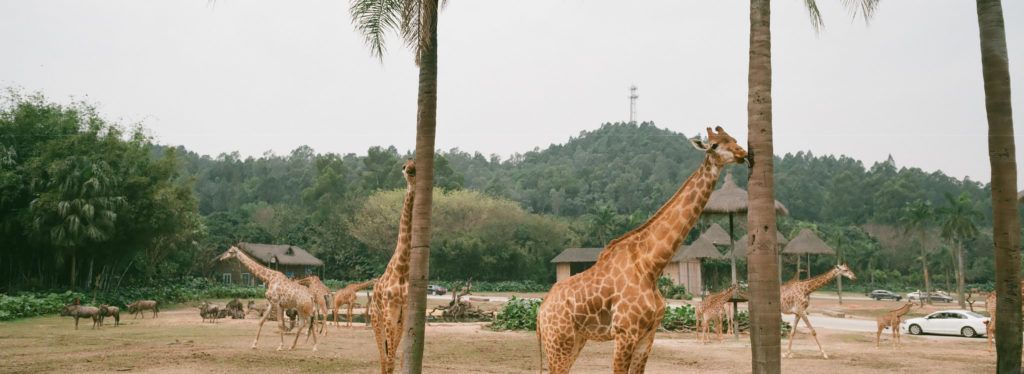
An essential and inalienable part of the conservation effort is a deep and thorough educational program that informs the general public. A citizen educated in conservationism and preservation will be able to identify the habitats of different animals. In this way, you will be more aware of the potential harm it could cause and of the value that biodiversity has.
The purpose of education is to prevent the accelerated deterioration of ecosystems that currently exists on the planet. Zoos attract mainly children, and this is the ideal place to teach them about their responsibility to ecosystems. That is why in zoos it is common to find educational information and guides that seek to form conscious citizens.
Repopulation programs
These programs are closely linked to those ones for the conservation and reproduction of endangered animals. The ultimate goal of these programs is to return endangered animals to their respective ecosystems. This is one of the few ways available to restore the planet’s ecosystems, and it is considerably different.
This work is carried out with the collaboration of sanctuaries and natural shelters, thus, it seeks to create safe spaces. The purpose of zoos is not to exhibit animals, but to reintegrate them into their natural spaces. Otherwise, they would not be performing a conservationist function, and they would be more like circuses than anything else.
Adoption of animals
Frequently, unconscious people remove wild animals from their wilderness. They can do this for economic or luxury reasons, or even for simple ignorance of the damage, they cause. When these animals are discovered and properly seized, they cannot be returned to their habitats because they are unaccustomed. To do this, it would mean the possible immediate death of the animal.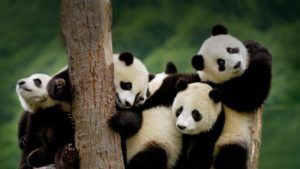
In these cases, the zoos are trained to receive these animals and to house them in order to provide them with a decent life. They can remain as a way of educating the population since they cannot be reintroduced in their respective habitats. In some cases, they can even be re-educated to be returned without problems in their natural spaces.
Scientific research
The important work of zoos allows and contributes to technological and scientific progress. Zoos offer a unique opportunity for science by having a dense concentration of different animal species. By observing these species constantly, biologists and zoologists can extract important information for their respective areas. This information can be very important for the preservation of all species that are found there.
In addition, it offers an accessible option for those people who do not have the resources needed to conduct field research. However, it should be noted that you will never have the same information when comparing a captive and a wild animal. These are two distinct spaces that will yield distinct and relevant information only to their own place of observation. However, information is still valuable.
The important work of zoos
Remember! At sexadodeaves.com, we are specialists in sexing birds through DNA. In this way, it is possible to define the genre of your bird. You can also follow us on the networks: Facebook, Twitter, and Instagram and find all the information we have for you daily.

